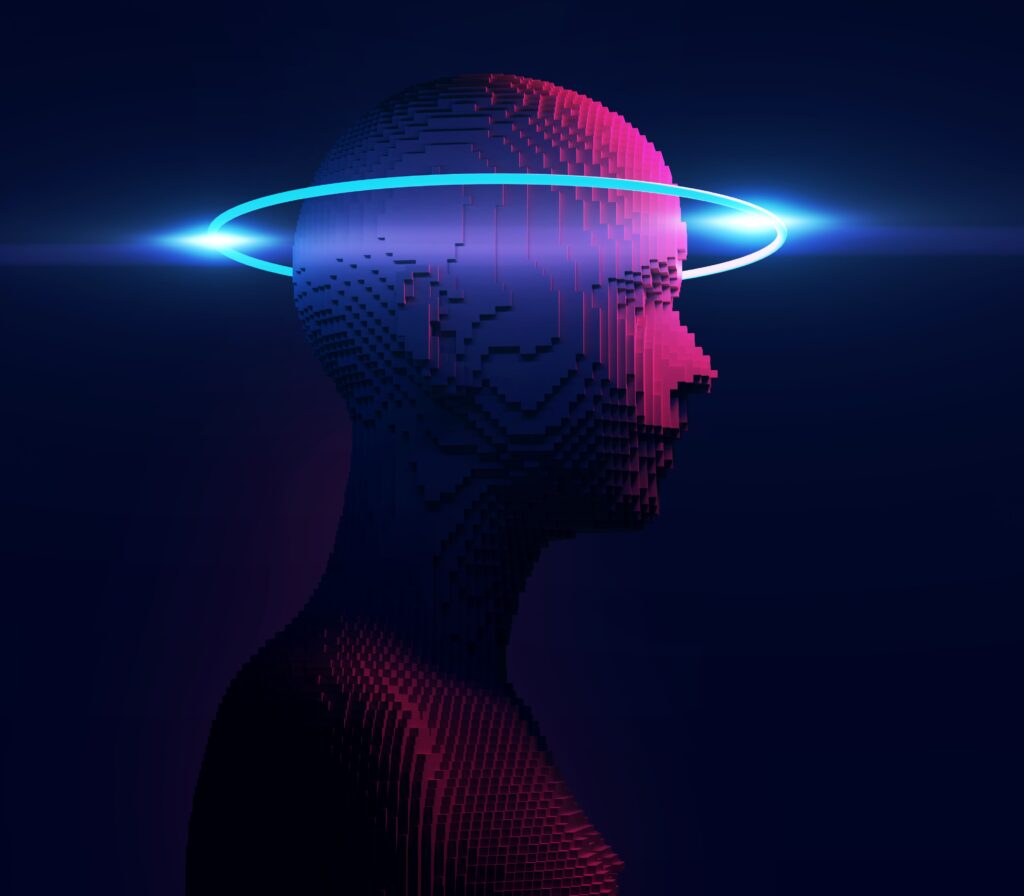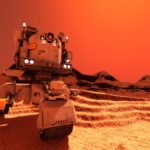
According to Yuval Noah Harari, the world’s human data might end up in the hands of a few strong people in the future, thanks to artificial intelligence’s growing strength and reach – a formula for a dismal future populated by “hacked humans.” According to the world-renowned author, states must begin working to prevent this by regulating artificial intelligence and data collecting across borders. The interview with Harari aired on CBS’s 60 Minutes on Sunday, October 31 at 7:00 p.m. ET/PT.
According to Harari, the governments and corporations with the most data dominate the globe.
“The world is increasingly kind of cut up into spheres of data collection, of data harvesting. In the Cold War, you had the Iron Curtain. Now we have the Silicon Curtain, that the world is increasingly divided between the USA and China,” Harari tells Cooper. “Does your data go to California or does it go to Shenzhen and to Shanghai and to Beijing?”
Harari, a history professor at Jerusalem’s Hebrew University, published his first book, “Sapiens,” in 2014, and it quickly became a global best seller. He has since released two more works, “Homo Deus” and “21 Lessons for the Twenty-First Century,” both with future themes. The three books have been translated into 65 languages and have sold 35 million copies.
He’s been warning people about a world in flux in the not-too-distant future, claiming that artificial intelligence in the form of algorithms at work now would only tighten humanity’s grasp.

“Netflix tells us what to watch and Amazon tells us what to buy. Eventually within 10 or 20 or 30 years such algorithms could also tell you what to study at college and where to work and whom to marry and even whom to vote for,” says Harari.
And, as he points out, the pandemic has paved the way for ever more intrusive data collecting.
“It’s data about what’s happening inside my body. What we have seen so far, it’s corporations and governments collecting data about where we go, who we meet, what movies we watch. The next phase is surveillance going under our skin,” he warns.
“Certainly, now we are at the point when we need global cooperation. You cannot regulate the explosive power of artificial intelligence on a national level,” says Harari, who tells Cooper what he feels needs to be done. “One key rule is that if you get my data, the data should be used to help me and not to manipulate me. Another key rule, that whenever you increase surveillance of individuals you should simultaneously increase surveillance of the corporation and governments and the people at the top. And the third principle is that– never allow all the data to be concentrated in one place. That’s the recipe for a dictatorship.”

Humans, according to Harari, are in risk of being “hacked” unless artificial intelligence is carefully governed.
“To hack a human being is to learn more about them than they know about themselves.” And, depending on that, to influence you more and more,” Harari argues.
According to Harari, there is an advantage to the emergence of artificial intelligence, but only if it is supported with regulation.
“The whole thing isn’t simply dystopian in nature. It’s also idealistic. This type of data, after all, might help us build the finest health-care system in history “he declares “What more is being done with that data is the question. And who is in charge of it?”




